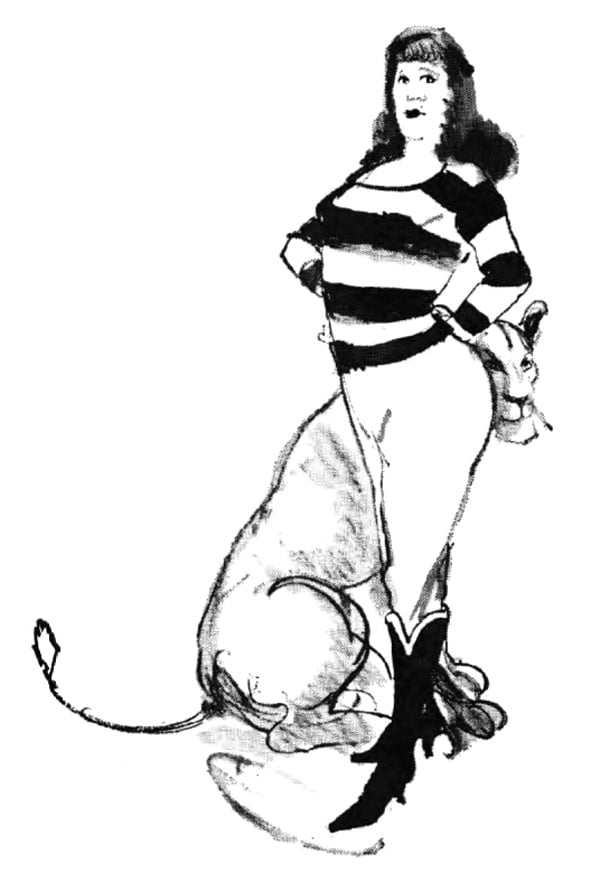
I dislike alien/zombie movies and vowed I would never see another after 28 Weeks Later (the worst sequel in the world and a clumsy parable for the war in Iraq). But District 9 is nimble. It does not abandon its allegory in favor of interminable chase scenes, paramilitaries with poor aim, and spumy alien entrails; it incorporates these things judiciously. —“Rainbow Alienation,” Harper’s editor Gemma Sieff, n+1
Trading a terrorist for oil;
will the mob muscle in on the stimulus package?;
a new sanitary napkin dispenser from India
One reason to suspect that depression is an adaptation, not a malfunction, comes from research into a molecule in the brain known as the 5HT1A receptor. The 5HT1A receptor binds to serotonin, another brain molecule that is highly implicated in depression and is the target of most current antidepressant medications. Rodents lacking this receptor show fewer depressive symptoms in response to stress, which suggests that it is somehow involved in promoting depression. (Pharmaceutical companies, in fact, are designing the next generation of antidepressant medications to target this receptor.) When scientists have compared the composition of the functional part rat 5HT1A receptor to that of humans, it is 99 percent similar, which suggests that it is so important that natural selection has preserved it. The ability to “turn on” depression would seem to be important, then, not an accident. —“Depression’s Evolutionary Roots,” Paul W. Andrews and J. Anderson Thomson, Jr., Scientific American
But we don’t live in the Modernists’ world anymore. We have different problems. We’ve had plenty of bad news of our own. Some of which has to do with the book business itself—sales of adult trade books declined 2.3% last year, compared with 2007. Should we still be writing difficult novels? Isn’t it time we made our peace with plot? After all, the discipline of the conventional literary novel is a pretty harsh one. To read one is to enter into a kind of depressed economy, where pleasure must be bought with large quantities of work and patience. The Modernists felt little obligation to entertain their readers. That was just the price you paid for your Joycean epiphany. Conversely they have trained us, Pavlovianly, to associate a crisp, dynamic, exciting plot with supermarket fiction, and cheap thrills, and embarrassment. Plot was the coward’s way out, for people who can’t deal with the real world. If you’re having too much fun, you’re doing it wrong. —“Good Books Don’t Have to Be Hard,” Lev Grossman, The Wall Street Journal


